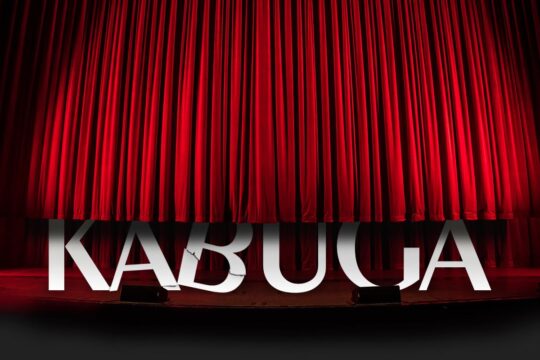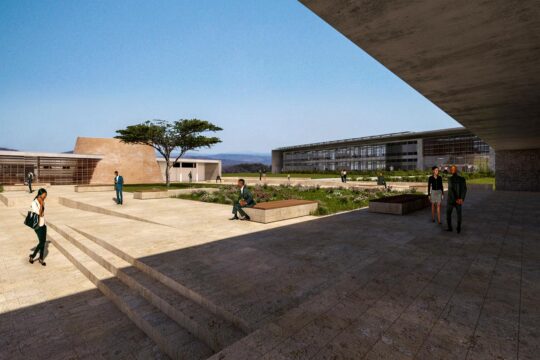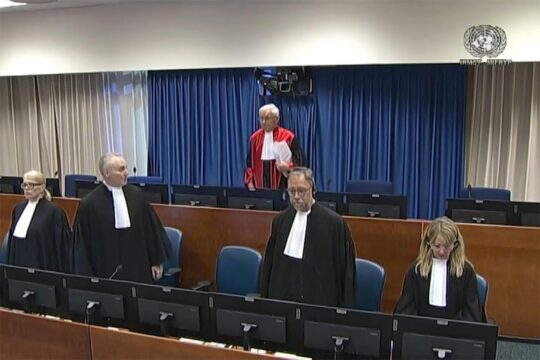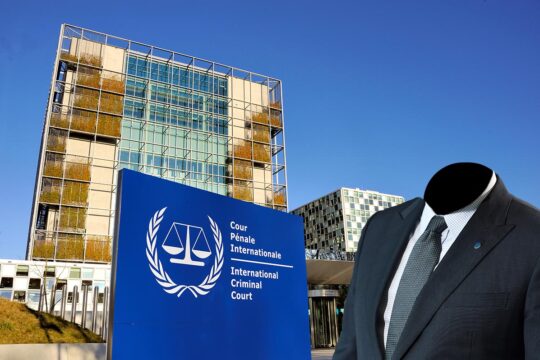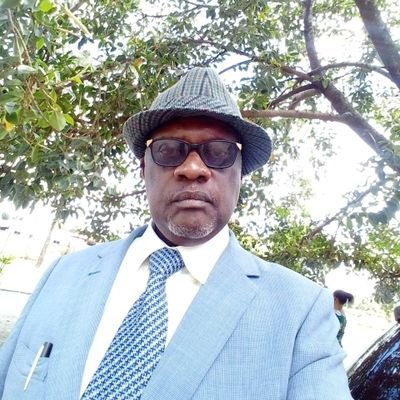On 8 November, the International Criminal Tribunal for Rwanda will celebrate its 30th anniversary. Created three months after the end of the Tutsi genocide by a resolution of the United Nations Security Council, it is based in Arusha, Tanzania. The International Criminal Tribunal for Rwanda (ICTR) closed its doors on 31 December 2015, having indicted 93 individuals, including 61 convicted and 14 acquitted. The others are fugitives or have been declared unfit to stand trial. The latter included former businessman Félicien Kabuga, who found himself successively, in these two situations.
Then the ICTR’s so-called “residual” functions were relegated to a UN Mechanism, initially intended as a small “temporary entity”, but ultimately housed in expensive and imposing premises built especially for it. As the cases of five accused were sent back to Rwanda, it was primarily responsible for tracking down three “big fish”, including Kabuga - who was found in France in 2020.
Kabuga, the only Rwandan defendant to owe a debt to the UN
The Kabuga trial was marked by “firsts”. After one of the longest escapes from international justice, Kabuga has been the only Rwandan defendant to have his trial judged by the UN Mechanism’s branch based in the Hague, in the Netherlands. He is also the only one to have had only one and a half hours of hearings per day and three days of hearings per week, the only one to have attended his trial by videoconference, and the only one to have had five expert witnesses called to assess his state of health. He has been the first to be released on grounds of incapacity. And finally, Kabuga has become the first defendant of the international justice system on Rwanda to be declared not indigent, and therefore called upon to reimburse the costs incurred by the United Nations for his defence.
The decision was handed down on 6 October 2023, but a year later, it has still not been implemented. Kabuga’s assets are still frozen. And the proceedings remain bogged down.
Initially, on 12 November 2020, the accused requested legal assistance from the Mechanism, on the grounds that he could not afford to pay for counsel, and he asked the registry to appoint the French lawyer Emmanuel Altit as his permanent counsel. The accused had then submitted a declaration of resources form to support his claim of indigence.
Kabuga’s son did not declare indigence
While paying for legal aid, the registry opened an investigation into the means of the accused - who was reputed to have been the richest man in Rwanda. But while the registry was bogged down without any tangible results, it was Kabuga’s eldest son, Donatien Nshimyumuremyi, who came to his aid. After a quarrel with Emmanuel Altit, whom the judges refused to remove from the case, Donatien Kabuga published a press release on 28 September 2022 that included a solemn declaration of the accused that he had sufficient assets to pay for the lawyer of his choice.
The court registry jumped at the opportunity. On 4 October 2022, it sent a request to Nshimyumuremyi for information on the assets that would be taken into account to certify the accused’s ability to pay for a lawyer himself. On 18 October 2022, the accused’s son provided the information. It took almost a full year of analysis and procedural calculations before the registry declared, on 6 October 2023, that “the accused is deemed non-indigent and capable of fully funding his entire defence before the Mechanism (i.e., including pre-trial, trial proceedings to date, and any further proceedings)”.
Assets in France, Belgium, Rwanda and Kenya
The registry states that “assets which have been identified by the Registry and which are deemed attributable to the accused are respectively located in the French Republic, the Kingdom of Belgium, the Republic of Rwanda, and the Republic of Kenya (collectively, the “Assets”). The Assets are broadly composed of bank accounts, real estate property and personal property. The bank accounts attributable to the Accused have precise balance sheets, which the Registry has independently verified”. Furthermore, “the total legal aid cost incurred by the Mechanism for funding the Accused’s defence amounts to approximately $1,184,500, which includes the entire pre-trial stage and trial proceedings thus far”. The updated amount has not been communicated to us.
The decision also added that Altit remained appointed as counsel for the accused under the Mechanism’s legal aid system until further notice and that, as such, the registry was required to continue administering legal aid.
The rules of the Mechanism provide that “where a person is assigned Counsel and is subsequently found not to be lacking the means to remunerate Counsel, the Chamber may, on application by the Registrar, make an order for contribution to recover the cost of providing Counsel”. To date, however, the chamber has not issued any order. Since the decision, observations have been requested from the registry to help determine the feasibility of recovering Kabuga’s legal expenses from the assets attributed to him. The exchanges remain confidential.
In its decision, the registry explains that “a substantial part of the assets is frozen, in accordance with the requests and/or orders of the International Criminal Tribunal for Rwanda (ICTR) and/or the Mechanism”. But according to the registry, to unfreeze these assets, legal decisions are needed from the national courts of the countries in which these assets are located - and as these decisions are slow in coming, they would prevent their recovery.
The option of a release in Rwanda
Added to this quagmire is the absence of a host country for the nonagenarian, whose release was ordered by the Appeals Chamber on 7 August 2023. Since then, Kabuga’s defence has been left to its own devices to find a country where their client could be released. At the last status conference, in July, it emerged that the defence had contacted two countries, both of which had refused to welcome him into their territory.
The efforts made do not seem likely to materialise in the near future, and the Irish judge presiding over the chamber, Ian Bonomy, has indicated that he is not ruling out the possibility of transferring him to Rwanda. In an order, the trial chamber invited “the panel of independent medical experts, in consultation with the medical team of the UNDU as appropriate, to indicate in its next monitoring report whether they are in a position to assess Mr. Kabuga’s fitness to travel to and be released in Rwanda”.
The judge explained that this order does not in any way express a preference of the chamber. But that it considered that there would be “no point in going down that road if in the end of the day it’s clear that Mr. Kabuga’s unfit to make the journey. So it’s that sort of information that the Chamber seeks to have clarified before raising the question of a possible relocation of Mr. Kabuga in Rwanda”.
After a long escape and due to the slowness of the Mechanism, the senile old man will be neither convicted nor acquitted, and today no one can predict whether he will be released or not.



